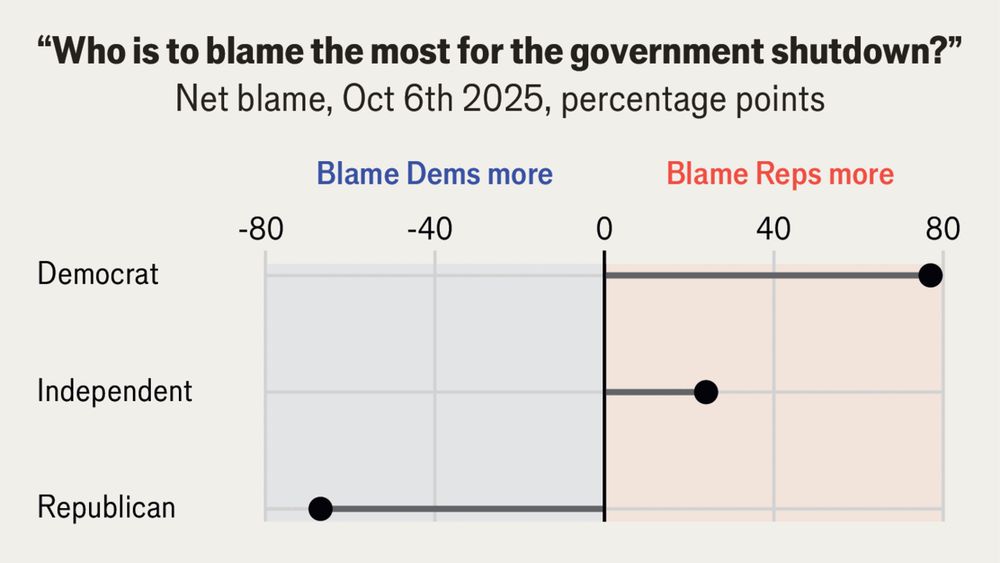The Economist
@economist.com
100K followers
91 following
7.8K posts
News and analysis with a global perspective. We’re here to help you understand the world around you. Subscribe here: https://econ.st/4fAeu4q
Posts
Media
Videos
Starter Packs
Pinned
The Economist
@economist.com
· Nov 18


























